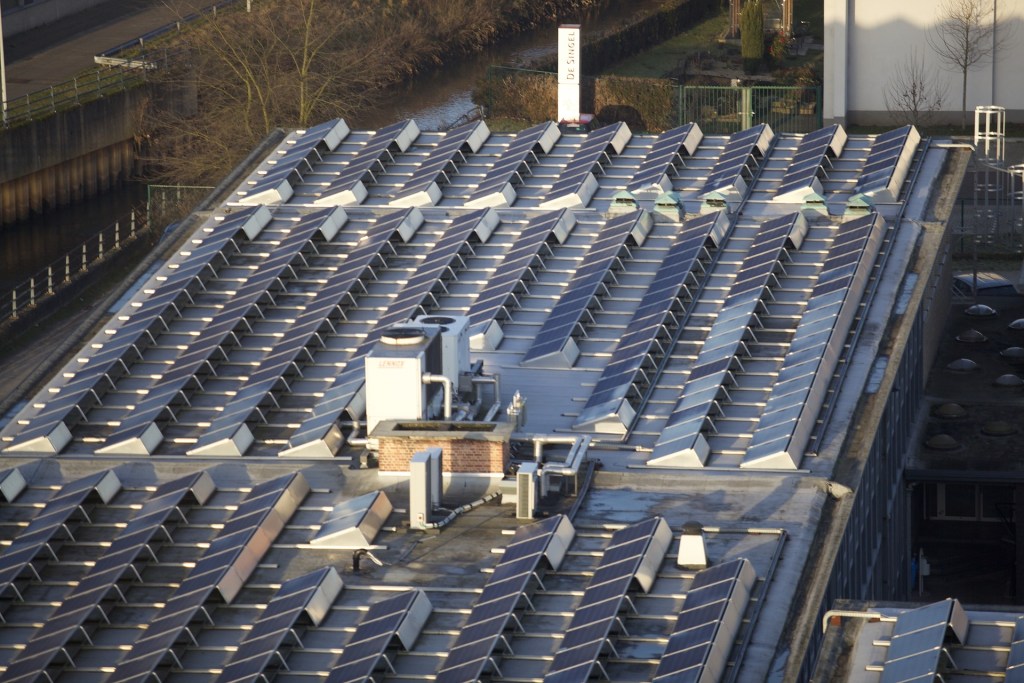South Africa’s energy storage technologies offer a passage to low carbon, but it’s not as simple as a one-for-one exchange

By Sakhile Dube
The transition to a low-carbon sustainable future is underway, and not any country wants to remain behind. In South Africa, particularly in bigger cities such as Johannesburg, Cape Town and Durban, a number of energy storage manufacturers, electrical car manufacturers as well as technology and telecom companies including Vodacom, MTN, Telcom and Cell C are leading in the drive for cleaner energy sources.
There is still uncertainty over the transition’s final form. There is still uncertainty over the transition’s final form. Energy storage technologies have been identified as a crucial enabler because of their capacity to balance the variability of energy output and hence improve grid stability and reliability.
Energy storage technologies are becoming the core of South Africa’s modern energy systems driven by the prominence of electrical vehicles (EVs) and more importantly, increased demand for alternative sources of energy as the country battles with electricity supply – without immediate solution. This results in increased demand for power storage solutions such as batteries and inverters.

Energy storage technology adoption offers a practical means of enhancing South Africa’s electrical infrastructure. Additionally, it may reduce the demand for diesel and other fossil fuels for baseload and peaking power, offer backup power for commercial and industrial operations during blackouts, and boost the country’s ability to integrate renewable electricity generation sources, particularly intermittent ones like solar and wind.
The chief economist at Trade and Industrial Policy Strategies, Gaylor Montmasson-Clair, noted that “South Africa has relevant skills and expertise to grow energy storage technology sector. These includes mineral beneficiation, mineral specialist entities, and energy storage related manufacturing companies as well as endowment of some the minerals used in battery manufacturing such as manganese”. Montmasson-Clair further highlighted that South Africa can also benefit from its neighboring country Zimbabwe with its lithium reserves as well as many other raw materials from across the African continent.
Dr Nils Backeberg, an analyst at Project Blue, a market intelligence firm stresses that, while there is a demand for energy storage technologies that use lithium, on which South Africa does not have any reserves, “there are more critical materials that South Africa could pursue development and beneficiation and still be part of the energy transition value chain globally”.

While South Africa’s energy storage technologies offer a passage to low carbon, but it’s not as simple as a one-for-one exchange. Navigating risks and challenges of pushing for zero emissions in a country that is heavily reliant on coal for energy production seems unworkable. A common criticism of energy storage technologies is that their overall life cycle which includes mining raw materials, manufacturing, and use has high environmental impacts.
Coal provides nearly 75% of the country’s energy needs and coal-fires power plants produce 90% of the country’s electricity, according to the Department of Mineral Resources and Energy. A study, Comparative Environmental Life Cycle Assessment of Conventional and Electric Vehicles, published in the Journal of Industrial Ecology found that EVs can potentially reduce global warming by 20-24% when compared to gasoline ICEVs and by 10%-14% when compared to diesel ICEVs. But when powered by coal-generated electricity can increase greenhouse gas emissions by 17%-27%.
South Africa’s power industry accounts for about 60% of CO2 emissions followed by the transport sector at 13% for from combustion engines alone – with road transport accounting for over 90% of these greenhouse gas emissions. Decarbonizing these two sectors is integral in addressing overall emissions, however the solutions at hand such as doing away with coal as well as EVs have an impact and there is a need to consider how best to maneuver such transformations.
The economist Chris Hart highlighted that” shutting down coal fired power stations will mean costly electricity, fewer jobs and a country with a quasi-third-world economy being relegated to the fourth-world division”. While numerous energy storage technologies are entering the South African market, particularly short duration energy storage, up to four hours as well as for commercialization, however the pricing mechanisms have not been filtered in a manner that considers South Africa’s diverse society – filled with inequalities. This makes the business case for energy storage technologies challenging to achieve and also limits implementation.
According to Accenture to enable the road to net zero, South Africa will need to re-evaluate its legislative and market systems in order to better support and encourage adoption. To maximize storage, it is also essential to make investments in digital capabilities. can expedite the part to net zero by integrating storage into a larger system structure. Further research and development and better understanding of the integration of energy storage technologies into low-carbon energy systems is vital to provide information that underpins future market design and regulation to realize the value of energy storage













